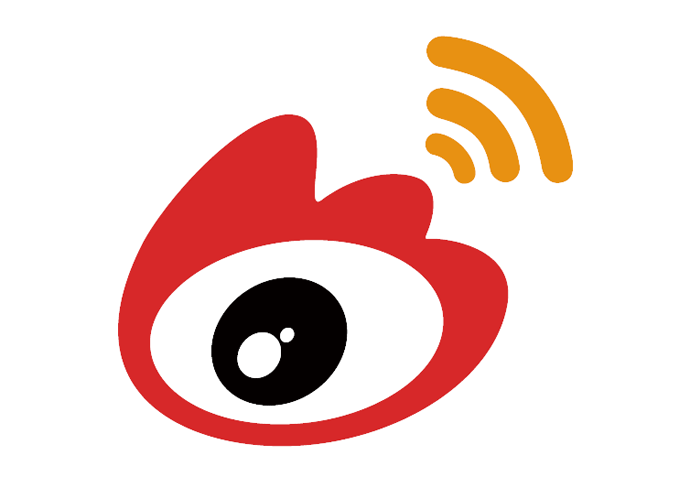The human body runs on a tight schedule of night and day. Going to
work bright and early and clocking out when gets dark. Its not wonder
the typical American's day is rife with yawns and grogginess; we're all
not getting enough of that crucial light that keeps our brains in check.
Now, a team of researchers at Rensselaer University are developing a
personal device to measure daily light intake and activity, allowing
them to predict the best time for light therapy and get their internal
clocks in sync to the 24 hour day.
In short, they're creating a gadget that helps people "Lighten Up".
Sparse or irregular light exposure - something most individuals face
on a regular basis - can cause circadian rhythm disruptions. Research
has shown that light has an impact on everything from brain activity to seasonal depression and even increase the length and quality of sleep.
Supported by a $1.8 million grant from the National Institutes of Health, researchers in Rensselaer Polytechnic Institute's Lighting Research Center
(LRC) are developing the Daysimeter, a small, head-mounted device to
measure an individual's daily rest and activity patterns, and exposure
to circadian light - short-wavelength light, particularly natural light
from the blue sky, that stimulates the circadian system.
Like a clock that needs to be set for accurate time telling, the
circadian clock - a brain based regulating mechanism that controls your
body temperature, hormone production, sleep and wake patterns - requires
"setting" from the light each day. Very bright days and very dark
nights are the perfect regulator for the human circadian system but
patterns of light and dark in today's modern world are inconsistent with
the natural cycle.
Electricity has dramatically changed our light and dark exposure
patterns, and indoor lighting can be insufficient to stimulate the
circadian clock, according to Mark Rea, director of the LRC and
principal investigator on the project. Exposure to indoor sources of
light including computer screens, are usually too bright or seen for too
long, offsetting the proper timing of the circadian clock. These
disruptions can actually desynchronize the circadian rhythm from the
natural solar daytime/nighttime cycle, leading to sleep problems and
serious psychological stress such as mood disorders and depression.
Outdoor light levels during the day, even those under cloud cover or
during the winter are of much higher levels than those found in
windowless, artificially lit buildings. The absence of suitable light
may induce 'circadian darkness' which brings on a plethora of problems.
If an individual's circadian light intake is deficient during the
waking hours, the Daysimeter device will be able to reliably predict the
light therapy necessary to resynchronize the circadian phase with the
solar day.
Once completed, the device has the potential to help the lives of
millions who suffer from sleep disorders. Including groups infamous for
whacky schedules like College students, international business travelers
and night time shift workers; who challenge their circadian rhythms
every day.




沒有留言:
張貼留言